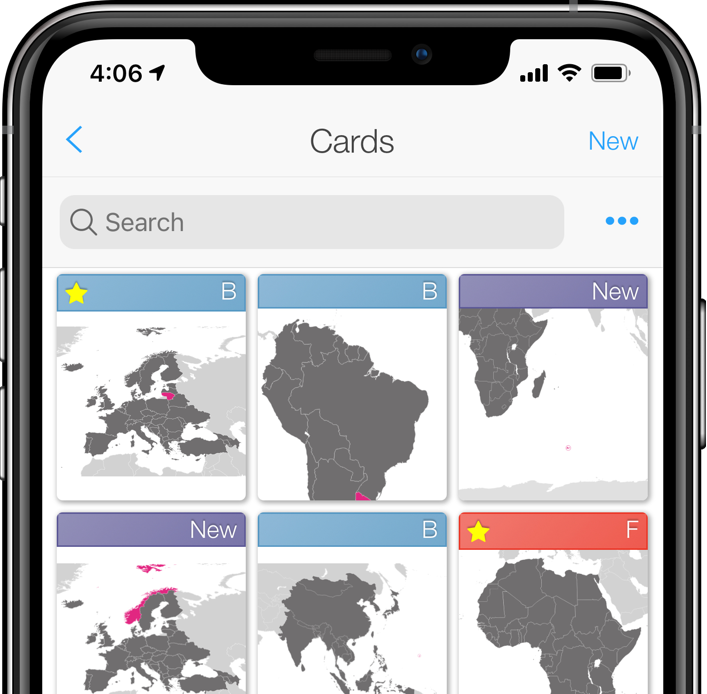

However, by not revisiting the material until many months after you first learnt it, you are doing yourself a huge disservice as your memory requires a number of revisions of a topic before it becomes embedded in your long-term memory. After all, who has the time to revise from the moment we are given the material? In law we are given a lot of new material on a daily basis and it would be all too easy for us to not worry about revising these topics until exam season.

In brief, Ebbinghaus' Forgetting Curve tells us that knowledge quickly decays, so if we don't constantly revisit material over a period of time, we are going to forget everything we learn. However, I hope this article will help you to navigate the application a little better, clarify any confusions, and ensure you have the best tools to efficiently learn the law. Once you've successfully downloaded the app, and open it for the first time, you should be presented with a screen that looks a little like this:Īt first glance, Anki can seem like quite a complicated system and the user interface isn't immediately intuitive. So, before I get into the nuances of the app itself, you need to visit Anki and download it for free onto your computer or mobile. For instance, although I had lots of success learning law through Anki, you could just as easily learn a new language, memorise historical dates, and become a quiz buff using the app. Why is Anki Important for Law Students?Īnki is an application that you can download on your computer or mobile that enables you to easily incorporate spaced repetition to learn pretty much anything you want.


 0 kommentar(er)
0 kommentar(er)
